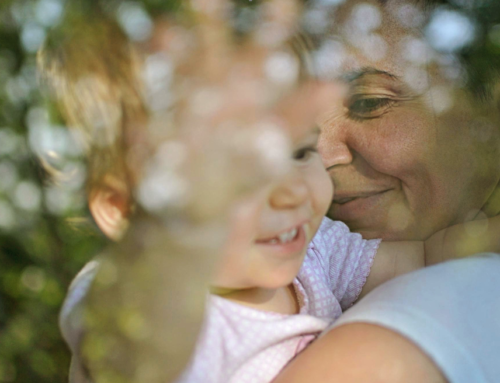PTSD Awareness June 2023
June was PTSD awareness month and it shone the light on PTSD and it’s impact on peoples lives. But what is PTSD and how can we help ourselves and the people we love who have experienced trauma and are still living with its impact? Kundalini House Counsellor and Psychotherapist Marisa Howard takes us through what it means and options for treatment.
Post Traumatic Stress Disorder (PTSD) is the most common mental health disorder after depression. (1)
Trauma can have a devastating effect on people’s lives. Psychological trauma comes in many forms and impacts people from all walks of life. Any one of us can be affected and the psychological impacts can be deep and complex.
PTSD can affect us physically and emotionally, and the way we see ourselves, others, and the world around us. The problems that arise after trauma can be complex and impair our wellbeing. (1)
The impact is deep and complex.
Complex PTSD
Complex PTSD can occur after prolonged and repeated trauma, particularly due to child abuse or domestic violence. Trauma can disrupt the development of a person’s identity and their ability to control emotions and form relationships with others. (2)
Help and support takes many forms, but recovery and renewal is always possible.
Counselling is recommended over medication as the first port of call for treatment for PTSD.
Recommended counselling approaches include trauma-focussed cognitive behavioural therapy (CBT) and eye movement desensitisation and reprocessing (EMDR). (1)
There is also promising emerging evidence that Somatic counselling approaches (such as Somatic Experiencing) can be effective for PTSD.(3)
Complementary health approaches are seen favourably for the treatment and management of PTSD and c-PTSD, with more people seeking out these therapies as they consider the wholeness of the individual and have a body-based, somatic approach. Complementary therapies include Acupuncture, Yoga, Meditation, Hypnotherapy and Somatic-based counselling. ‘Yoga (& Meditation) has been shown to reduce physiological arousal in PTSD patients and is believed to affect the pathology of PTSD by improving somatic regulation and body awareness, which are imperative to emotion regulation (van der Kolk et al., 2014).'(4)
At Kundalini House, we pride ourselves on creating a safe, welcoming and trauma sensitive environment, with many of our practitioners and teachers having specialised training to work with PTSD and cPSTD. Those who do have specialised training will have our special trauma-informed logo on their bio.
Our thoughts are with all those living with PTSD and Complex PTSD, and their carers and loved ones. We acknowledge you, and wish you recovery and post-traumatic growth.
Marisa Howard
Marisa is a Somatic (body-oriented) Psychotherapist and Rehabilitation Counsellor.
Please call Marisa on 0401 654 879 to make a booking.
References
1) https://www.phoenixaustralia.org/ptsd-awareness-day/
2) https://www.nhs.uk/mental-health/conditions/post-traumatic-stress-disorder-ptsd/complex/
3) Brom D, et al. Somatic Experiencing for Posttraumatic Stress Disorder: A Randomized Controlled Outcome Study. J Trauma Stress. 2017 Jun;30(3):304-312.
4) https://www.ncbi.nlm.nih.gov/pmc/articles/PMC5939561/








Leave A Comment